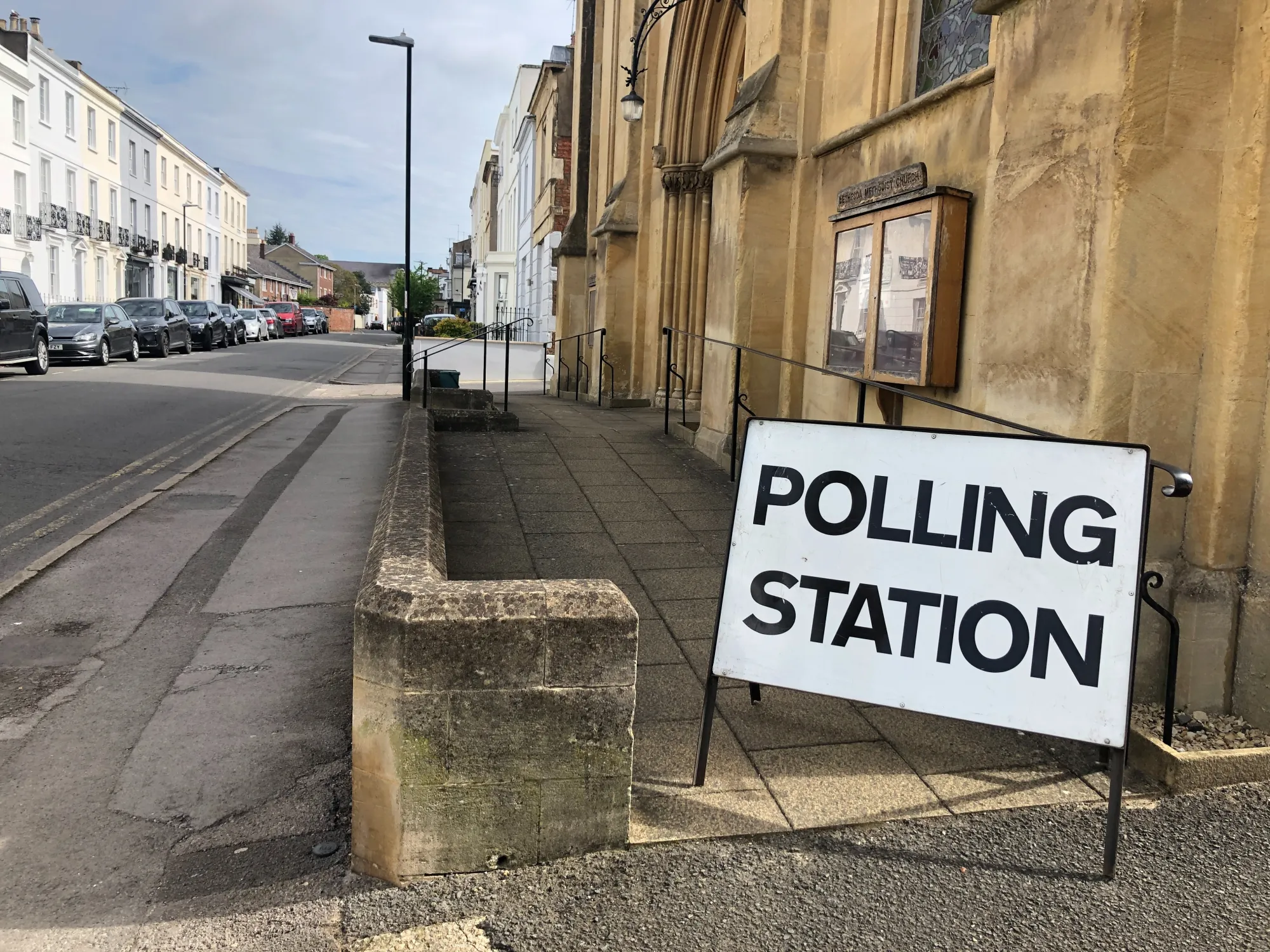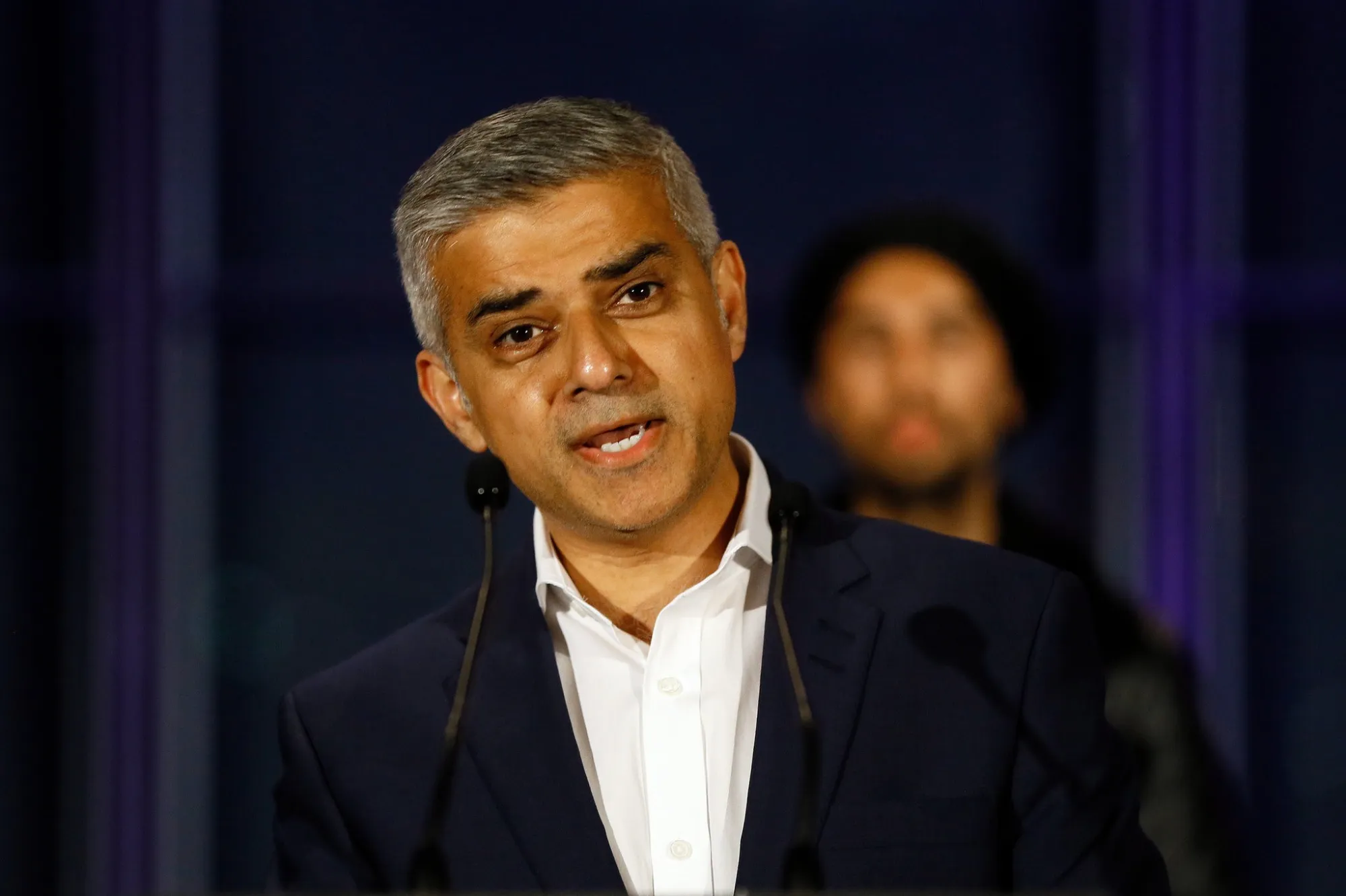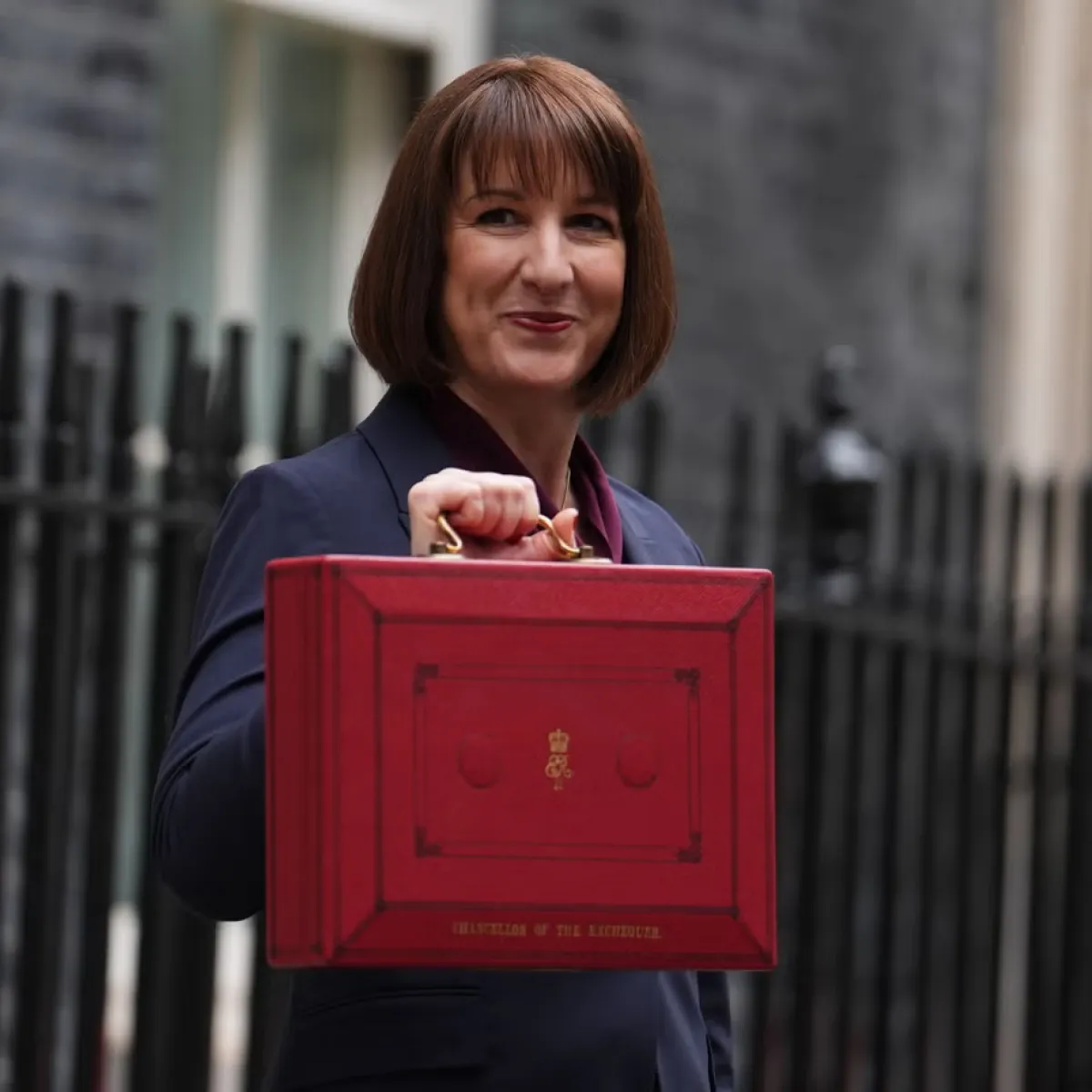This website uses cookies. Learn more
First published in Political Capital - our weekly public affairs and polling news drop.
2024 will be one of the most significant years for elections ever seen – with more than 2 billion people across 50 countries going to the polls in a historic first. 7 of the world’s 10 most populous nations will be holding elections, including the US, the EU, Russia and India, plus the UK.
In the context of increasing geopolitical instability and persistent warnings about the lack of preparation for the impact of AI on campaigning and political attacks, the Lansons Public Affairs Team outlines below a few of the most essential elections to keep an eye on:
- UK General Election
- UK Local Elections
- London Mayoral Elections
- European Parliament and National Elections
- US Presidential Election

UK General Election
- Autumn tbc
Last week, Rishi Sunak tried to quell excitement about a Spring General Election, by claiming that his “working assumption is that a General Election would take place in the second half of the year”. Whilst now pundits assume an election will take place in late October or early November, the campaigning has definitely started, with both leaders looking to set out their stall to the electorate.
It will also mark the first national UK election where voters will be required to present identification, the implications of which on levels of turnout and physical logistics are yet to be seen.
Conservative Party
Rishi Sunak certainly has an uphill battle, trailing in the polls and managing a disunited party. However, he and his team believe there is a steep and narrow path to victory. The PM wants the electorate to get to know him over the next 10 months, holding “PM Connect” events around the country, taking questions from the general public around their priorities and demonstrating that he is getting things done.
Sunak has been doing a bit of the hokey cokey, moving to the right, then branding himself the change candidate, before settling for the time being as the continuity candidate, claiming that voting for Starmer will take you back to square one. With both party leaders outpolling their parties, this is likely to be a presidential-style election, with the electorate deciding who they feel they can trust most to deliver on their priorities and ensure they have more cash in their pockets.
Sunak is keen to demonstrate this with a tax cutting Spring Budget, scheduled for 6 March, which he believes will move the dial on his poor polling position. However, with a mountain to climb and a ‘92 style victory in his sights, Sunak will be aiming to unshackle himself from the past and demonstrate his ability to lead and deliver.
Labour Party
As Starmer kicked off his General Election campaign last week, Labour were sitting 18% ahead in the polls, a lead they have maintained since January last year. However, with the election date pitted to fall in the second half of 2024 there is plenty that can still change. Labour are determined to fight the election on their terms and not be forced into culture wars or fall into traps laid by the Conservatives. They are focused on issues such as managing the cost-of-living crisis, tackling industrial action, green investment and infrastructure as well as the UK’s position on the world stage. Whilst not comfortable territory for them, immigration will dominate and for the first time, they lead the Conservative Party on who the electorate would trust most to fix immigration.
Starmer and his Shadow cabinet has reiterated the Labour Party’s change-making credentials, pledging to cut through NHS red tape, decarbonise the electricity grid by 2030, and deliver ‘securonomics’.
Many are calling for more details from Starmer and his team, and plenty will come as we get closer to polling day. However, being this far in the lead, there is some benefit to remaining silent, whilst the Conservative Party continue to argue and disagree. After years of Tory in-fighting, indiscretion and what the Labour Party are calling ‘corruption’, Starmer is hoping to convey an image of stability and honesty, and re-enforce Labour’s 5 core missions throughout 2024 as they hope to clarify what exactly the party stands for.

UK Local Elections
- May 2, 2024
The next set of local elections will take place on 2 May 2024. Most of these seats were last up for grabs in 2021, when the Conservative Party made big gains in the red wall constituencies, mainly at the expense of Labour. Since then, the Tories have not had their finest hour and the current 18% polling deficit between the Tories and Labour could bring huge swings back to Labour in May – reflecting the broader trend visible in the recent wave of parliamentary by-election results - as well as heavy losses inflicted by the Lib Dems. As well as changing the UK’s local political makeup (18 Tory-majority councils are involved in the elections), the vote will be a key electoral test for the national parties.
The result will be a defining event ahead of the General Election expected later this year. Local election results can set the national political tone; think of the calls for Theresa May to resign after facing heavy losses in the May 2019 local elections. While the Tories are unlikely to call for Rishi Sunak’s resignation if the party fares badly, the outcome could secure the ‘final days of Conservative Government' narrative and solidify the public’s support for Labour – offering the safety of knowing that a vote for Labour likely means a Labour majority government, rather than a messy coalition.
London Mayoral Elections
- May 2, 2024
Perhaps the most important seat up for grabs (currently) on 2nd May is that of London Mayor, where Sadiq Khan is seeking re-election for his third term. He is standing against the newly-selected Conservative candidate Susan Hall, Rob Blackie for the Lib Dems and Zoe Garbett for the Greens – as well as the usual melange of alternative candidates, this year including a fitness influencer and an investment banker. The mayoral vote comes just three years after Khan won by five percentage points facing the Tory candidate, Shaun Bailey, but for the first time will be conducted under the First Past The Post electoral system.
Given Labour’s national polling lead, and Khan’s personal lead of 25 points over Susan Hall, the most likely scenario is that Khan will be re-elected with an enlarged share of the vote. However, Susan Hall has played something of a wild card by attempting to make the vote a referendum on the ULEZ expansion, promising to scrap the expansion immediately if elected. The Tories got a surprise win in the 2023 Uxbridge and Ruislip by-election after deploying a similar strategy and, with YouGov polling from the end of 2023 showing 42% of Londoners opposed to ULEZ expansion, Hall’s focus on ULEZ is a smart electoral move. But although Khan’s lead to Hall is lower among outer Londoners (12 points) – where the ULEZ expansion has impacted the most – he is still very much in the driving seat heading into the election.

European Elections
- June 6-9, 2024
Also this year, elections for the European Parliament will take place in all 27 EU nations. While the UK is no longer an active participant, it remains an important indicator of the mood music on the continent and of future relationships – coming at a critical moment as national elections trend towards returning right-wing candidates and long-standing support for Ukraine begins to waver. More than 400 million voters will elect a total of 720 MEPs in the world’s biggest transnational election. So what to keep an eye on? Polls suggest that far-right parties will make substantial gains, which is likely to influence the EU’s policy stance on issues such as immigration, climate change, and defence issues. Adding to the drama, European Council President Charles Michel has confirmed he will run as a candidate, meaning he could leave his position vacant 4 months before anticipated – EU leaders will be keen to avoid defaulting to leadership by Hungarian Prime Minister Viktor Orbán, whose country takes on presidency of the Council in July.
2024 will also see 13 – potentially 14, although Ukraine is likely to cancel their presidential election – national elections across Europe, of which multiple are likely to result in notable change, or in mainstream parties co-opting more radical policies advocated for by those on their far right and, to a lesser extent, left. These include Finland in January; Belarus in February; Portugal and Russia in March; Slovakia in April; Iceland and Belgium in June; Austria in September; and Georgia and Lithuania in October.
US Presidential Election
- November 5, 2024
‘Remember, remember, the fifth of November’ may take on a whole new meaning by the end of 2024. The US is gearing up for another contentious election; one that, alongside the General Election, will determine the nature of the UK’s relationship with one of its closest allies for the next four years. Whilst on the surface it could appear like a re-run of 2020, with incumbent President Biden and former president Trump currently looking set to secure nominations from their political parties, so much has changed. Whilst there could be an unexpected twist in the tale, with rumours swirling of a last minute replacement of Biden (maybe Michelle Obama?) or a surprise success for Nikki Hayley (though unlikely), expect campaign discourse to spotlight on female reproductive rights, immigration, international aid, global conflicts such as Israel-Gaza and Ukraine, as well as the implications of various charges brought against candidates and their kin.
Whoever wins, the individual sat at the other end of the negotiating table will have a huge impact on several areas of UK government policy. Foremost are the prospects of a “foundational” (or free) trade agreement with the US, after plans were quietly shelved by President Biden at the end of last year. Such an agreement could have wide-ranging impacts on the UK’s economy and trade. The US has also come out of 2023 as a clear global leader on climate action, following the implementation of Biden’s Inflation Reduction Act, something that the current UK government has been accused of sliding back on. November’s election could therefore either reinvigorate or relinquish this climate leadership, and the UK government will no doubt be watching and taking note.
**
Want to understand what a Labour government will mean for your organisation, and industry?
We're hosting Labour workshops with policy experts to help organisations, brands and associations better understand the upcoming landscape, opportunities and challenges. To find out more, register interest using the form below.
Labour Workshops
Stay in the loop with our experts




New Business: to find out how we can help you, contact our dedicated new businesss team consultancy@lansons.com
Careers: we’d love to hear from you, please visit our careers hub











